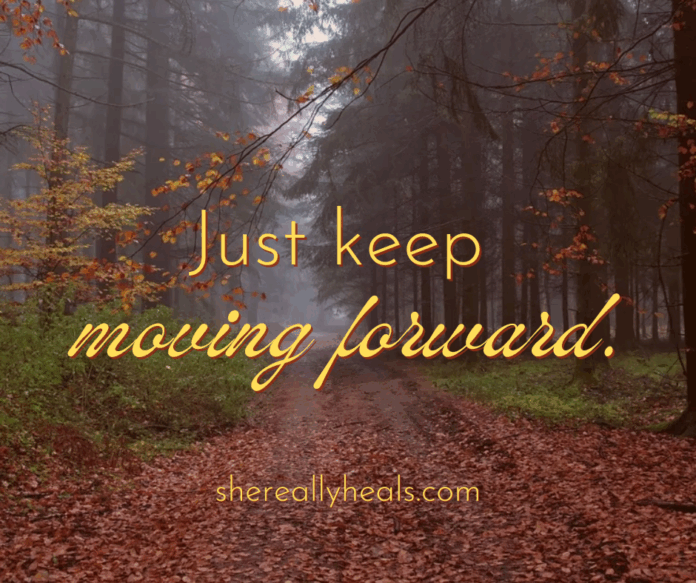When you’ve been through trauma, your mind can feel loud and your body distant. You might find yourself bracing for things that aren’t happening anymore. Trust becomes fragile. Rest feels impossible. Healing can feel like a maze with no map.
But there is one small, steady tool that’s helped thousands of people find their way back to themselves: journalling.
Not for show. Not to be neat. But as a raw, honest way to process pain and reconnect with your truth.
Why Journalling Helps
Journalling gives you space to:
- Release what’s stuck. Emotions that get bottled up find their way out through words.
- Slow your thoughts. When your mind races, writing helps put the brakes on.
- Track your patterns. You start seeing what triggers you and what calms you.
- Reconnect with your body. You notice tension, tightness, fatigue and cravings — not to judge them, but to understand them.
- Feel heard. Even if no one else reads it, the page becomes your witness.
“Writing creates a bridge between the chaos in your head and the calm you’re trying to reach.”
How to Start Journalling When You’ve Experienced Trauma
You don’t need the perfect notebook or hours of spare time. You need just two things: honesty and consistency.
Start with 5 to 10 minutes a day. That’s enough.
Use prompts if you get stuck:
- What does my body feel like right now?
- What am I avoiding today?
- What’s one small thing I wish someone would say to me?
- What was a moment I felt even slightly okay this week?
Write like no one’s watching. Because they’re not. This is for you. No filters. No edits. No pressure to explain.
What to Look Out For
Journalling can stir things up. You might feel shaky, emotional or drained after writing. That’s not a sign to stop. It’s a sign you’ve touched something real.
But go gently. You don’t have to dive into the deep end every time. Pace yourself. You are allowed to step away and return when you’re ready.
Grounding tips after journalling:
- Drink cold water
- Step outside and feel the air
- Put both feet flat on the ground
- Listen to calming music or nature sounds
- Touch something textured like a soft cloth or a stone
What to Expect Over Time
With regular journalling, many people experience:
- More clarity. Thoughts become less tangled. Decisions feel easier.
- Less reactivity. You start noticing your feelings before they take over.
- Deeper self compassion. Your tone shifts from “What’s wrong with me?” to “Of course I feel this way.”
- A stronger sense of self. You see your strength, not just your scars.
- Moments of unexpected joy. Little flickers of peace and even gratitude start to surface.
This isn’t about writing your trauma story in perfect order. It’s about writing through it, piece by piece, until you’re no longer trapped inside.
Journalling won’t fix everything. But it creates a rhythm. A return point. A way of saying: I matter. My voice matters. I’m still here. And that is the beginning of healing.


